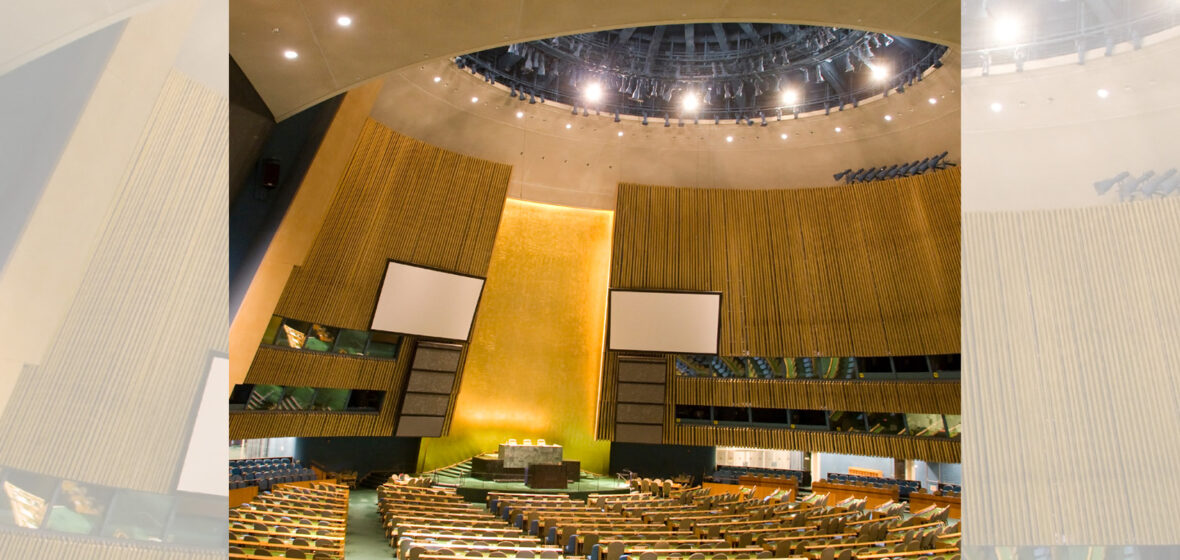We know that successive State governments have consigned a Human Rights Act to the too-hard basket. That needs to change
OPINION: This Human Rights Day, the Universal Declaration of Human Rights enters its 75th year. On the tenth of December 1948, the United Nations General Assembly adopted the declaration which proclaims that ‘human rights should be protected by the rule of law’.
Eight UN member states took the leadership role of drafting the Universal Declaration for the whole world. Australia was one of them. Yet, our nation still stands almost alone among Western democracies in not having some form of Charter or Bill of Rights.
In Australia, only Victoria, Queensland and the Australian Capital Territory have implemented dedicated human rights legislation.
On the eve of this year’s Human Rights Day, I’m honoured, as President of the Law Society of NSW, to issue a working paper, Thought Leadership 2022: Human rights legislation for NSW, to provoke much-needed discussion and debate on human rights.
The paper shares the outcomes of two compelling Thought Leadership seminars the Law Society hosted this year, hearing from human rights experts including Professors George Williams and Rosalind Dixon, Queensland Human Rights Commissioner Scott McDougall and former NSW Premier Bob Carr. These thought leaders gave us valuable insights into some of the challenges to consider and the benefits to be gained from enacting human rights legislation in this State.
Many Australians may be surprised to find out that the Australian Constitution only protects a handful of rights (e.g., freedom of religion, trial by jury, freedom from discrimination based on the state where we live, and freedom of trade) which are often interpreted narrowly by the courts.
The so-called ‘implied rights’, like freedom of political communication, have been described by some as not being rights in the truest sense. They are merely limits imposed on governments to protect the structure established by the Constitution.
Other rights including freedom of discrimination based on race, sex, marital status or disability, have legislative protection. The reality is that such statutory rights could easily be removed or eroded by future governments. The NSW Anti-Discrimination Act 1977 is in dire need of review or overhaul.
 Joanne van der Plaat, Law Society of NSW President
Joanne van der Plaat, Law Society of NSW President
As the working paper says: “It is too often those most vulnerable or marginalised – whether they be children, the elderly, Aboriginal and Torres Strait Islander people or people with a disability and mental illness – whose rights are cast aside.”
We know that successive State governments have consigned a Human Rights Act to the too-hard basket.
That needs to change. COVID-19 raised legitimate questions around human rights in the community, including the need for more robust structures to test questions of human rights.
The Law Society of NSW urges political leaders across the spectrum to finally tackle this important project. With broad and inclusive consultation, the government and the governed can work together to develop better human rights protections, enshrined in statute, that will ultimately lead to a fairer and more compassionate society.
I urge anyone interested in human rights to read this working paper and be part of the debate, discussion and the solution. Then write to your MP and local candidates. Tell them that the next NSW Government needs to stand up for human rights.




